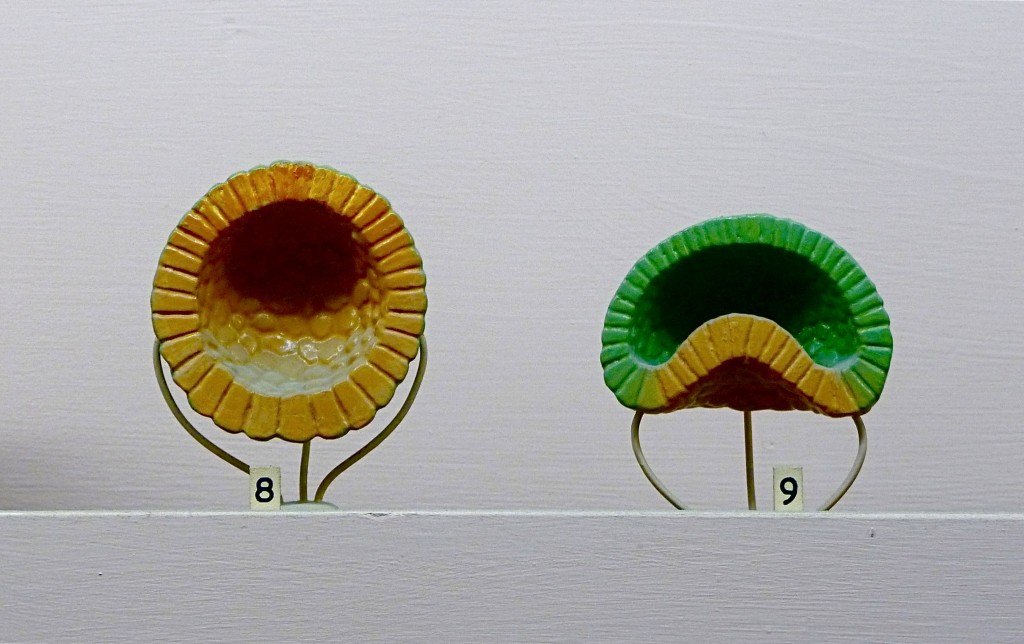One bright day last December, certain science bloggers who had happily discovered a shared taste for classic mystery writers, all wrote synchronous posts about the science in mystery books. These books, we thought, have a surprising amount of good science in them. So we’re doing it again (for titles, see bottom of post). This post is about Dorothy Sayers’ Unpleasantness at the Bellona Club.
On Armistice Day, some years after the first World War is over, an old general is found dead, sitting in his usual chair by the fire at his club, the Bellona Club. Oddly, he’s not wearing in his lapel the usual remembrance poppy. He’s very old though, he must have died naturally; his body is removed from the club and life goes on. A number of plot developments later, however, he’s found to have been murdered. The last person to see him alive was his grandson, Captain George Fentiman, who was in the war and who has been mentally and emotionally unbalanced by shell shock.
 George Fentiman is still too sick to hold a job, badly needs money, is his grandfather’s beneficiary, and so is the logical suspect in the murder. He’s an unpleasant character: he’s bitter about his service to the country, he berates his wife who has to support them both; he’s nervous and jumpy and picks fights for nothing. These symptoms of shell shock also make him a suspect. Once he understands this, he takes one of his “queer fits,” disappears for days, and when he returns, confesses to the murder. He didn’t do it though, and our detective Lord Peter Wimsey knows he didn’t and uses his confession to reveal the real murderer.
George Fentiman is still too sick to hold a job, badly needs money, is his grandfather’s beneficiary, and so is the logical suspect in the murder. He’s an unpleasant character: he’s bitter about his service to the country, he berates his wife who has to support them both; he’s nervous and jumpy and picks fights for nothing. These symptoms of shell shock also make him a suspect. Once he understands this, he takes one of his “queer fits,” disappears for days, and when he returns, confesses to the murder. He didn’t do it though, and our detective Lord Peter Wimsey knows he didn’t and uses his confession to reveal the real murderer.
Wimsey in fact was also in the war, also has shell shock, and at times of stress, believes he’s back in the trenches. So Wimsey knows enough to understand what Fentiman is going through and in particular, what he means when he says that his grandfather, the general, may have been in the Crimea, but had no idea of what real war was like. Continue reading →


 Some 40 years ago, researchers at the University of Missouri were searching for an alternative to the condom — a cheap, trustworthy and reversible form of male birth control.
Some 40 years ago, researchers at the University of Missouri were searching for an alternative to the condom — a cheap, trustworthy and reversible form of male birth control.










